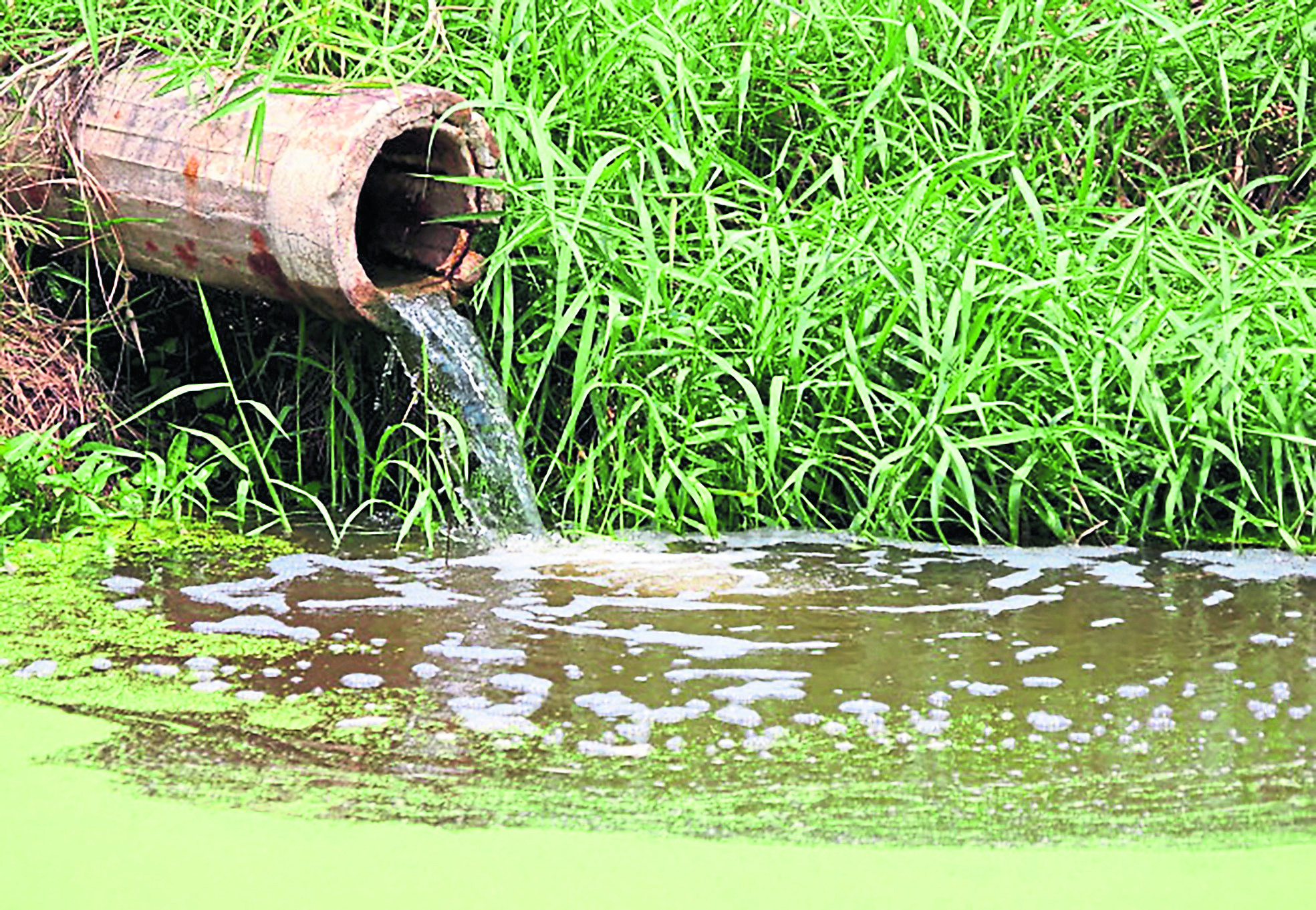MEMBERS of the local Council have voiced shock and concern following a briefing on water quality indicated no Northern Ireland rivers, lakes or water bodies will meet good status.
The Director of Community and Wellbeing provided an overview of the Northern Ireland Water Framework Directive Statistics Report on monitoring across three river basins in 2015, 2018 and 2021.
New priority substances were introduced to the monitoring programme in 2018, for the presence of ubiquitous, persistent, bio accumulative, toxic (uPBT) substances, and so-called ‘forever’ chemicals.
These were detected at all monitored stations, resulting failures across the board.
While a number of substances are now banned or restricted, their previous use has resulted in accumulation, subsequently breaching assigned Environmental Quality Standards.
The persistent present levels indicate breaches are likely for some years to come, therefore no Northern Ireland rivers, lakes or water bodies will meet good status.
The North West river basin encompasses the Fermanagh and Omagh area and has 162 river water bodies of which 74 (46 per cent) achieved good or high status in 2015. That dropped in 2018 to 68 (42 per cent).
None achieved good or high status in 2021.
In 2015 and 2018, 5 (24 per cent) of the 21 lake water bodies were classified good but none reached this 2021.
Of 8 water bodies, 2 (25 per cent) achieved good status in 2015 and 2018, but as with the others, 2021 saw the figure drop to zero.
Ulster Unionist Councillor Bert Wilson told members the Loughs Agency for the district : “Have done a very good job and should be commended.”
But Councillor Emmet McAleer, Independence declared himself “Not quite as cheerful having read this report. It invites many more questions than answers. It’s not as if these highly toxic chemicals landed into our waterways from Mars.”
He called for more clarity around the toxic substances and when they were first known of as well as which waterways in the district were monitored.
“These are pretty scary toxins. I also request the Department of Agriculture, Environment and Rural Affairs, NI Water and NI Environment Agency present to a future council meeting on the reality of what is happening and the impact on out district. This is really serious. Not one of our river bodies meets good standards. It’s beyond comprehension.”
Councillor Donal O’Cofaigh described the report as: “In a level of it’s own. It genuinely shocking. There’s even evidence in the report the North West region has suffered the greatest.”
Unfamiliar with some of the terminology such a uPBT, he checked this and discovered: “It was never considered before 2021 and when suddenly measured these levels in every single waterway in Northern Ireland fails. These include mercury, dioxins, pesticides, hexachlorobenzene – a known carcinogen. They are some of the most toxic substances the world knows. That’s real evidence of what is allowed to happen to our environment in the interest of businesses, capitalism and accumulation of profit.”
Sinn Fein’s Councillor Siobhan Currie was: “Absolutely shocked” by the report.
“The frightening aspect is the bioaccumulation working up the food chain and through the ecosystem while becoming more and more concentrated, “she said.
“It’s really concerning. Deliberate blind eyes were turned. We depend on these waterways. We have what should be a fantastic natural resource in this stunningly beautiful place. We have to question what is allowed to go on and we absolutely need the agencies to start doing something about it. It’s a public health matter.”
Party colleague Councillor Sheamus Greene agreed and highlighted the lack of funding, particularly from the flooding budget of which: “Fermanagh got zero when we are definitely the wettest county possibly in the entire island. It isn’t good enough and shouldn’t be allowed.
“That report is the consequences. We’re not doing nearly enough to rattle the cages in Stormont.”
Concluding, Councillor Wilson acknowledged funding was a problem but insisted the Loughs Agency had fenced off most rivers and constructed flood banks.
“There has been a vast improvement but you’ll never get anything right to please everybody,” he said.

sewerage
Councillors demand action over water toxins
Posted: 6:59 pm February 7, 2022
Posted: 6:59 pm February 7, 2022








